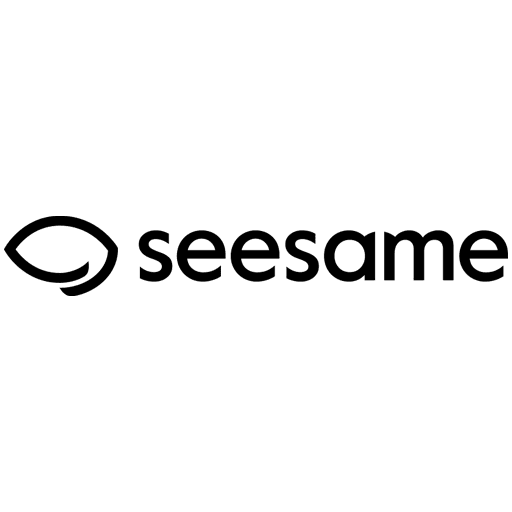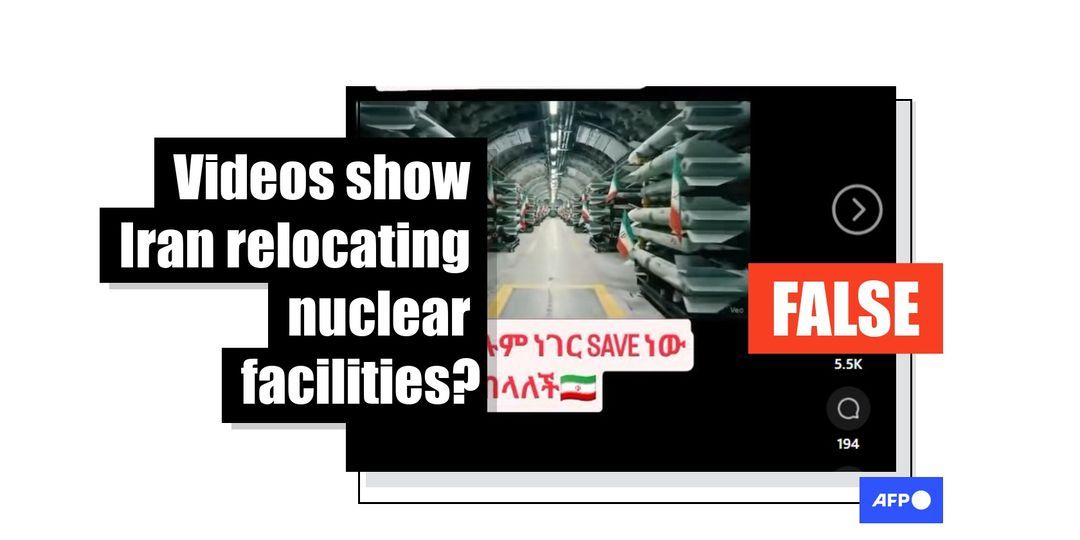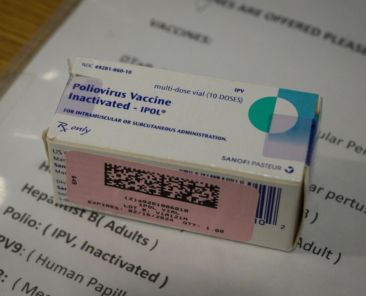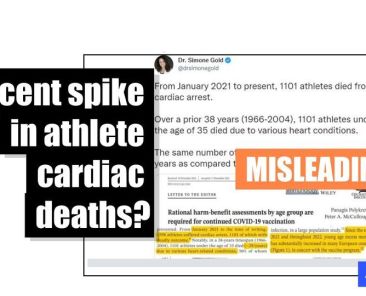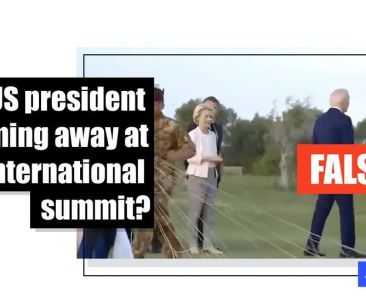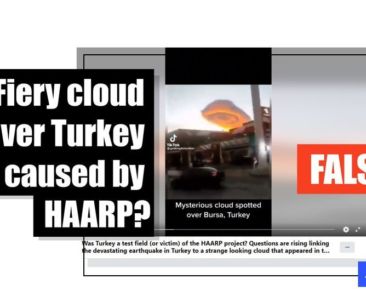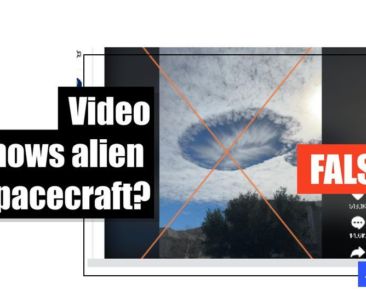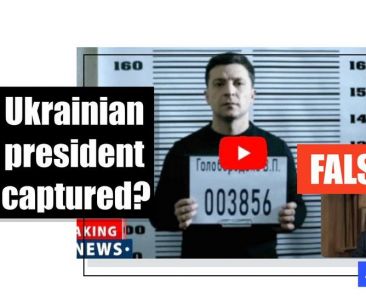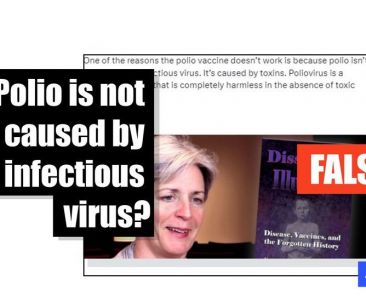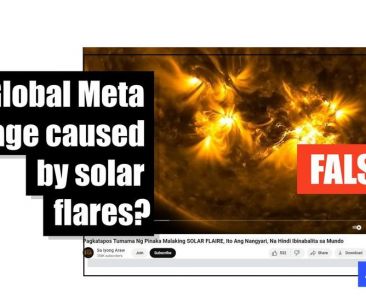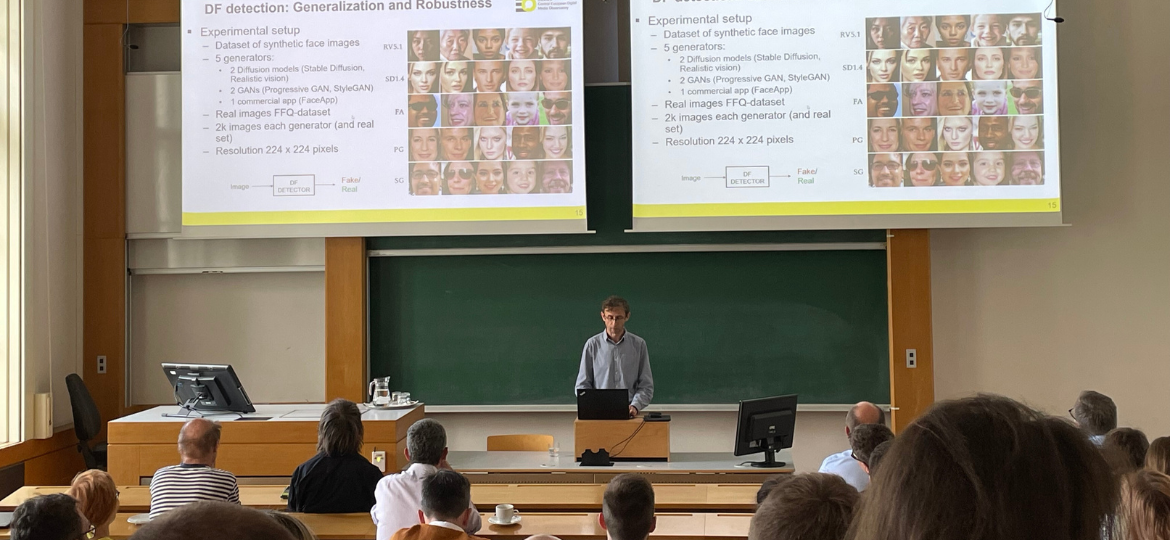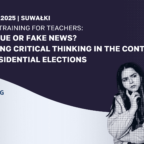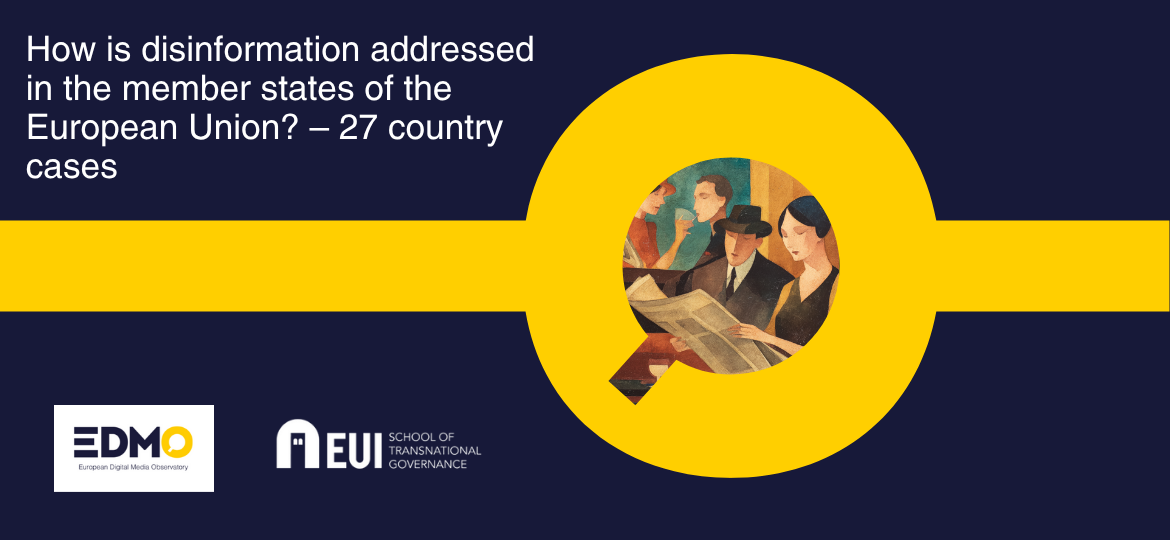About CEDMO
The Central European Digital Media Observatory (CEDMO), as an independent non-partisan multidisciplinary hub, aims to identify, research and prioritise the most critical sources and causes of information disorders in Central Europe (mainly the Czech Republic, Slovakia and Poland). This international consortium was created to propose a set of short and longer-term actions, as well as recommendations to help civil society, public institutions and the private sector respond to the declining trust in key institutions and help society to resist the effect of increasing exposure to mis- and disinformation.
By interacting and coordinating with European Digital Media Observatory (EDMO) and other regional EDMO hubs in EU, CEDMO will contribute to curbing threats posed by information disorders, including disenchantment with the democratic processes, and discord in civil society in Europe, and to building community and nation-wide resilience while protecting information ecosystems.
About CEDMO
The Central European Digital Media Observatory (CEDMO), as an independent non-partisan multidisciplinary hub, aims to identify, research and prioritise the most critical sources and causes of information disorders in Central Europe (mainly the Czech Republic, Slovakia and Poland). This international consortium was created to propose a set of short and longer-term actions, as well as recommendations to help civil society, public institutions and the private sector respond to the declining trust in key institutions and help society to resist the effect of increasing exposure to mis- and disinformation.
Our Partners
About CEDMO
The Central European Digital Media Observatory (CEDMO), as an independent non-partisan multidisciplinary hub, aims to identify, research and prioritise the most critical sources and causes of information disorders in Central Europe (mainly the Czech Republic, Slovakia and Poland). This international consortium was created to propose a set of short and longer-term actions, as well as recommendations to help civil society, public institutions and the private sector respond to the declining trust in key institutions and help society to resist the effect of increasing exposure to mis- and disinformation.
Our Partners
“Polio stopped when they stopped dousing the population woth DDT not some injection,” said a misspelled Instagram post on January 22, 2023.
In a Facebook video shared January 16, 2023, Mike Adams instructs viewers to “take a standard nebulizer” and inhale hydrogen peroxide and a small amount of iodine.
“As an experienced emergency physician, I want to remind the public that athletes being incapacitated or dropping dead was not a ‘thing’ prior to 2020,” said Simone Gold, founder of America’s Frontline Doctors, a group that has previously promoted Covid-19 misinformation, in a January 3, 2023 tweet.
AFP fact-checked what the candidates said on key issues.
“Romania beat 3-0 over Ukraine in Euro 2024 group stage, Romanian fans chant ‘Putin’ on the stand,” read a simplified Chinese caption of a Weibo post shared on June 18, 2024.
“President Biden appeared to wander off at the G7 summit in Italy, with officials needing to pull him back to focus,” the New York Post said in a June 13, 2024 post on X.
“I tested Chick-fil-A on my continuous glucose monitor and it took my blood sugar to the moon. I was absolutely shocked how many people in the comment section thought it was normal. For the record, I am not diabetic, I am very fit and healthy,” says Jason Wittrock, who goes by @bloodsugarking on TikTok, in a May 24, 2022 video viewed 3.4 million times.
On February 10, 2023, a Facebook page called “Hope for Africa”, which has more than 400,000 followers, shared a TikTok video of a fiery-looking cloud with a large hole in the middle hovering in the sky.
“With all the past UFOs shot down this past week, this just seems crazy,” says a February 12, 2023 tweet sharing a video of three circular cloud holes set against a blue sky.
“BOMBSHELL TUCKER RELEASED AN VIDEO (sic) FROM ZELENSKY BEING CAPTURED… HE IS BEING TRANSFERRED TO BLACK DOLPHIN PRISON (RUSSIA) WITH HIGH SECURITY,” says the April 8, 2024 post.
“One of the reasons the polio vaccine doesn’t work is because polio isn’t caused by an infectious virus. It’s caused by toxins,” claims Children’s Health Defense in a March 1, 2024 post on X.
“It is still a wonder what really happened to Facebook, Instagram and the entire Meta company. But based on my analysis, this is an effect of a solar flare,” says a March 7 YouTube video with more than 11,000 views.
“Corruption is strong for the liberals through the world,” says a June 29, 2022 Facebook post.
“Ukrainian army destroys its own drilling platform,” reads a simplified-Chinese Weibo post shared on June 21.
“Russia’s KFC changed its name to SFC (literal translation: Siberian Fried Chicken) to stay in business,” reads a simplified-Chinese tweetposted on March 14.











